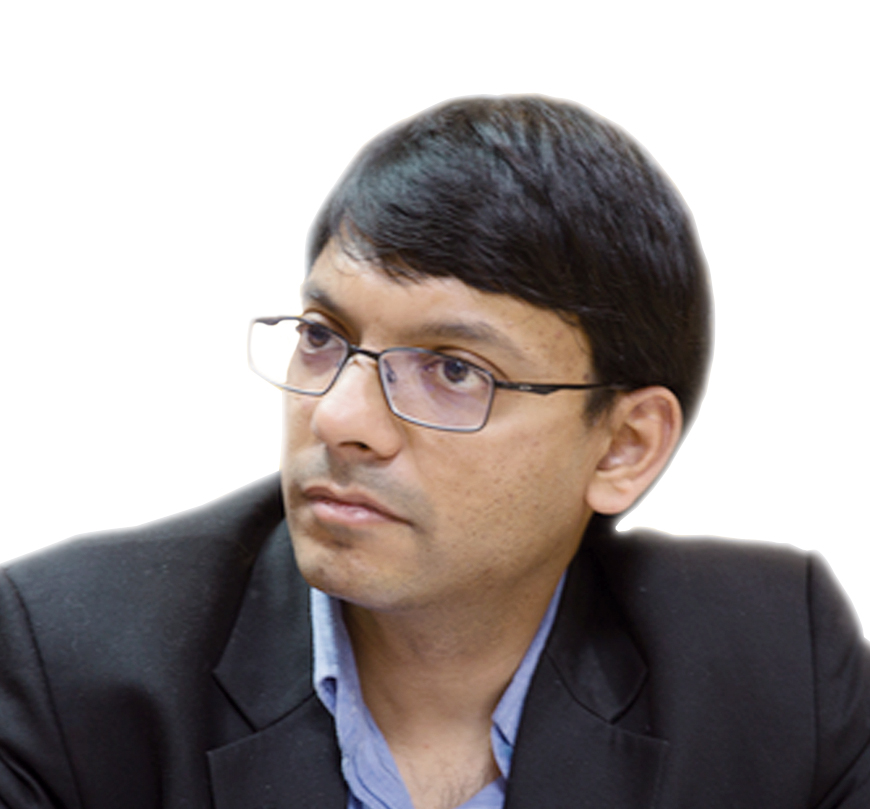
IN CONVERSATION WITH DR ANANT SUDARSHAN
Associate Professor, Department of Economics, University of Warwick Senior Fellow, Energy Policy Institute, University of Chicago (EPIC).
Dr. Anant Sudarshan is an accomplished environmental policy expert whose research lies at the intersection of energy, environment, and development. He is currently an Associate Professor at the Department of Economics at the University of Warwick and a Senior Fellow at the Energy Policy Institute at the University of Chicago (EPIC).
Prior to his academic tenure at Warwick, Dr. Sudarshan served as the South Asia Director of EPIC and taught at the Harris School of Public Policy, University of Chicago. He received his Ph.D. in Management Science and Engineering from Stanford University, and holds undergraduate and master’s degrees in Mechanical Engineering from the Indian Institute of Technology (Delhi) and Stanford University, respectively.
His research portfolio spans a range of pressing issues including the design and evaluation of environmental regulations, air pollution reduction strategies, climate change mitigation, energy efficiency interventions, electricity access in developing economies, and the advancement of renewable energy policy.
As air pollution continues to be an issue of great concern across India, there is an urgent need to engage with various stakeholders to help mitigate the debilitating health hazard caused by air pollution while maintaining sustainable economic development. In this episode of GnY Live, Dr Anant Sudarshan, Associate Professor at the Department of Economics, University of Warwick, brings to light how economics can bring in new experiments and shares his expertise on practical solutions for the industrial and transport sectors. Dr. Sudarshan, with over a decade of research experience, stressed the need to develop emission monitoring technologies that are reliable and transparent. Furthermore, he argues that these data need to be translated into actionable industry regulatory norms and emission markets. Other issues highlighted in the conversation range from the economics of regulating air pollution to adopting long-term solutions like congestion tax and EVs as an alternative clean energy substitution.
Read more
